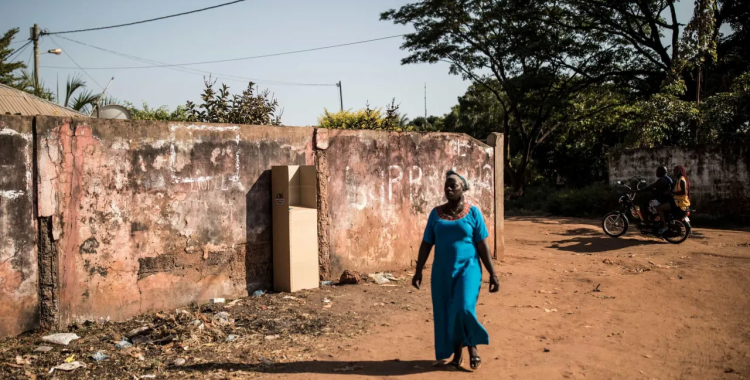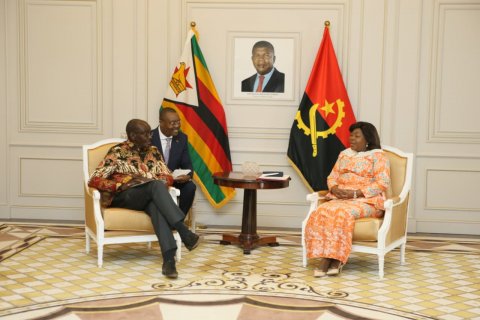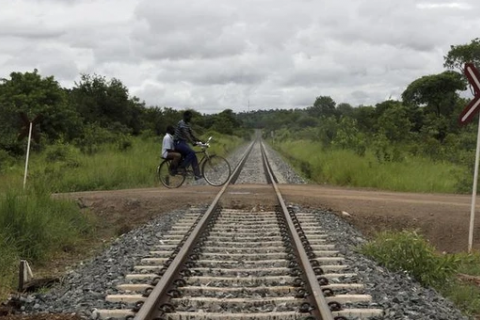“The High Command of the Cabinda Armed Forces (FAC) announces that intense clashes occurred between the FLEC [Front for the Liberation of the State of Cabinda] and FAA [Angolan Armed Forces], who used heavy weapons, this Thursday, 15.05.2025, from 04:20 to 06:30, in the village of Mbamba-Kibuendi, located in the Belize region, causing the death of 18 Angolan soldiers and four were injured”, reads the statement sent to the Lusa news agency.
The FAC adds, in the note, that seven civilians were injured in the clashes.
The Lusa news agency is trying to obtain clarification from the Ministry of Defense.
Contacted directly by Lusa from Lisbon, the spokesperson for FLEC-Cabindese Armed Forces, Jean Claude Nzita, said that the bodies of the European citizens were collected by the Angolan military and that fighting is still taking place in the Belize area.
“The lack of seriousness and irresponsibility of the João Lourenço government regarding the conflict in Cabinda is causing numerous civilian casualties and putting the lives of foreign citizens at risk in a territory at war,” the independence supporters accuse, adding that, given the intensity of the fighting and bombings, “the residents of Mbamba have taken refuge in the neighboring Democratic Republic of Congo, abandoning their homes in Cabinda.”
“The General Staff of the Cabindan Armed Forces (FAC) calls on the international community to assume its responsibilities in the face of the war situation in the territory of Cabinda,” concludes the note, which is signed by Lieutenant General José Maria da Fonseca Che Guevara, Chief of the Deputy General Staff for Operations of the FAC.
The FLEC-FAC has been demanding for several years the independence of the territory of Cabinda, a province in the north of the country, from where much of the country’s oil comes, invoking the Treaty of Simulambuco, of 1885, which designated that part of the territory as a Portuguese protectorate.







